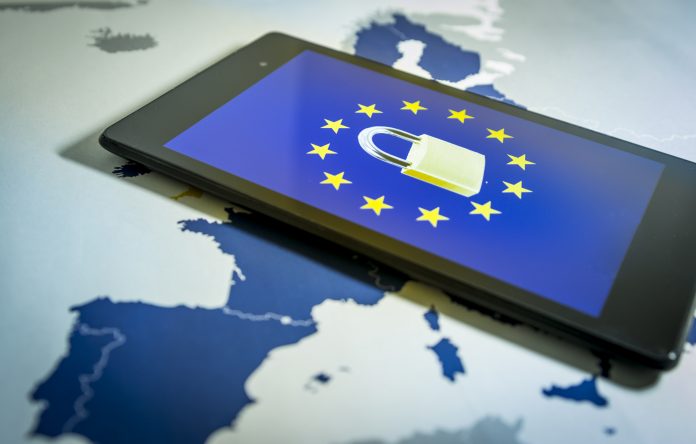Lars Rensing, CEO of enterprise blockchain solution provider Protokol, believes that the launch of EU digital identities will allow the EU to make freedom of movement ‘even freer’, and allay concerns around data security by giving EU citizens control over their own data
Earlier this year, the European Commission (EC) announced its plans for EU digital identities and a digital identity framework, based on blockchain technology. This announcement has a lot of exciting implications. With the development of national digital identities, users can link these identities with other forms of ID, such as drivers licences.
Citizens can also use digital IDs to keep their personal data safe, as blockchain-based IDs allow users to choose who is receiving their information, putting users incomplete control of their data for the first time. Blockchain is already being used to provide other ID solutions around the world.
For instance, the Ministry of Ethiopia recently announced that it would be creating digital IDs for students across the country, and is also being explored in a number of other countries, such as in Vietnam where the government is exploring national biometric ID cards, or in Australia, where a digital ID system for the private sector is being opened.
These digital IDs, though, must meet a set of technical requirements to ensure that they are secure and verifiable. This is why blockchain is a key technology for digital IDs. Blockchain is extremely secure by nature because it is decentralised – the information stored on the blockchain is not held in one location so there is no single point of failure, meaning that it is almost impossible to attack or compromise, as to do so one would need to control the majority of the network. This security is what makes the technology so valuable for digital IDs.
The EU is already recognising the transformative impact of blockchain technology, for instance, through EBSI (European Blockchain Services Infrastructure). EBSI is working to create EU digital identities to streamline and improve user experience, reduce risk and bolster privacy. EBSI is aiming to be a leader in its field, and is certainly making huge strides in that direction.
The shift towards digital IDs comes at a time when the movement towards Self Sovereign Identity (SSI) is gaining in popularity. Concerns around the privacy of our data are more prominent than ever before. 118.6 million people were impacted by data breaches, exposures and leaks in the first half of 2021, such as the 3.3 Million Volkswagen of America customers who had personal information exposed, including drivers license numbers, or the Cambridge Analytica Scandal in 2018.
As such, protecting the data of individuals is essential. The requirements of digital identities are all characteristics offered more specifically by SSI. SSI (Self-Soverign Identity) refers to where the controlling of data is done by the consumer, rather than by a centralised company that can be vulnerable to hacks or human error. It allows users to create and control their own digital identities, both across different entities online and across borders. Blockchain technology is at the heart of ensuring these solutions run efficiently.
The whole process may seem complex at first glance, but in reality is extremely user-friendly. Consumers do not need any prior blockchain knowledge – the process is more like having a bank PIN code and account number. This would look like an identity that users could login to and use across multiple platforms and websites, and which could be controlled via a phone app.
SSI solutions are already being used and explored in a number of industries. For instance, in 2020 the UK Financial Conduct Authority’s (FCA) regulatory sandbox announced it had successfully completed a blockchain digital identity pilot to study self-sovereign identity in customer onboarding. As well as this, SK Telecom and Deutsche Telekom announced in 2019 that they would be collaborating on a blockchain ID for the verification process, with the technology allowing for the creation of a borderless ID to ease the authentication process for users
SSI has a number of advantages for users. As well as built in security, the underlying blockchain technology is transparent in nature, meaning that users can have an overview of where they have shared their identity and who with.
Blockchain responds to the real threats of hacks, allowing users to feel at ease over the safety of their data. The data on blockchain is decentralised, meaning it is spread across a number of points rather than at one centralized point that would be vulnerable to attack. To take control of or hack the data on the blockchain, any bad actors would need to control 51% of it, which would be almost impossible. Using blockchain to create a EU digital identity solution means that individual’s data is kept safe, and also means that organisations do not have to take on the sole responsibility of maintaining customer data.
The EU Commission hopes to have a toolbox to implement the European Digital Identity framework by September 2022. The technical framework would then follow via pilot projects. Solutions like the EC’s digital identity framework will allow for a truly seamless experience for citizens, where they will have access to essential services no matter where they are in the EU. With blockchain, these solutions become more secure, and lets users take back control of their own digital IDs.











